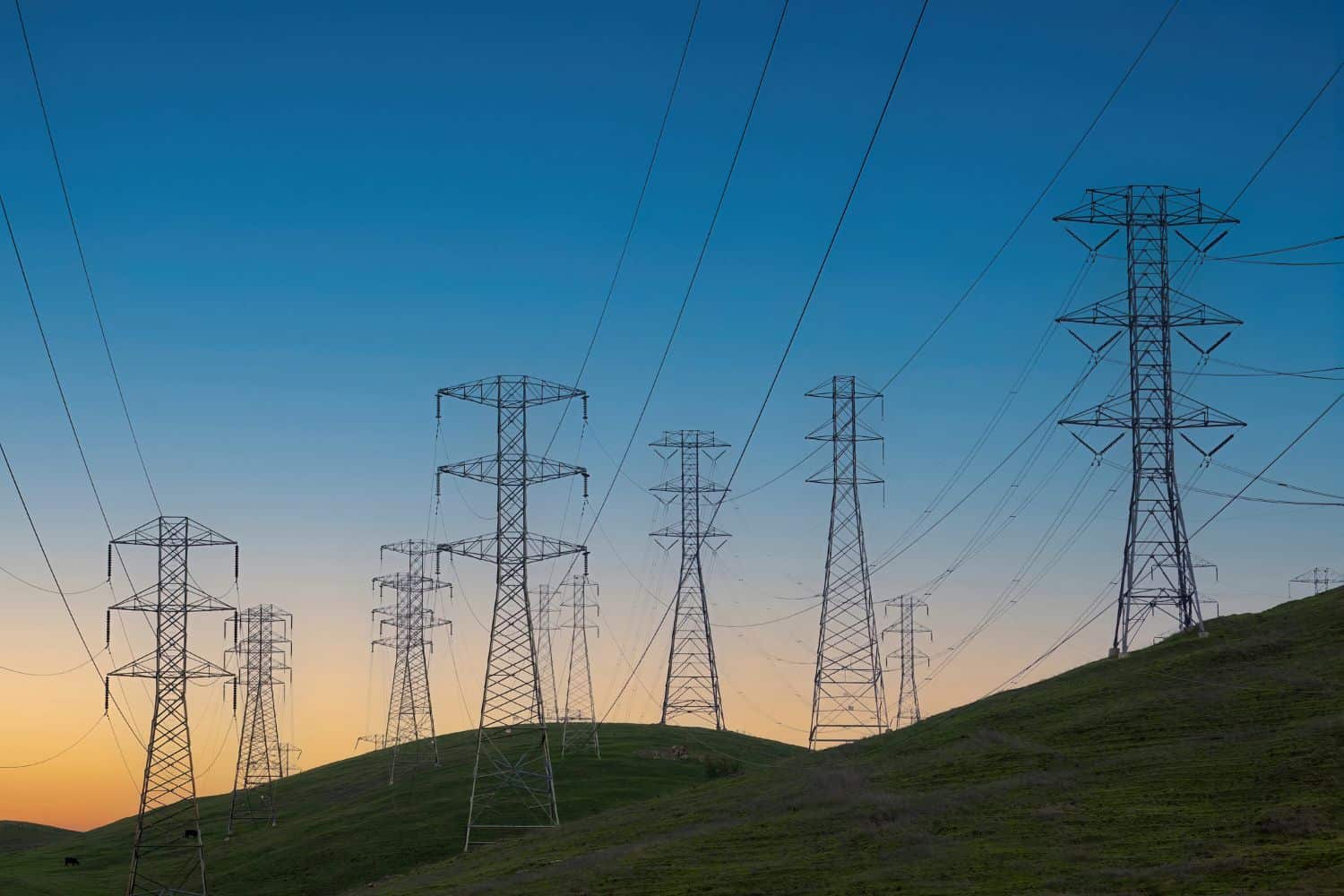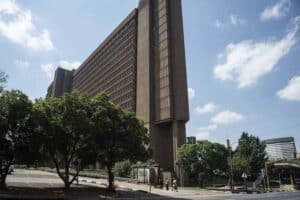Court asked to set timelines for municipal tariff approvals.

Customers have no right to see what it costs their municipalities to supply them with electricity, energy regulator Nersa argued on 28 October in the Pretoria High Court before Judge Etienne Labuschagne.
This information, which is compiled in a formal cost-of-supply (CoS) study, forms the basis of municipal tariff applications that Nersa must assess annually.
The court has been called upon to adjudicate a dispute over the process Nersa followed to determine all municipal tariffs for the current financial year that ends on 30 June 2026.
AfriForum has brought an application to have the public participation process Nersa followed in determining the tariffs declared invalid.
It wants the court to suspend the retrospective working of the order to avoid disruptions in municipal finances, since the Nersa-approved tariffs are already in operation and have been incorporated into every municipal electricity supplier’s budget.
The organisation has also asked the court for a structural interdict to set clear timelines for Nersa to finalise municipal tariffs each year, since it believes the regulator has repeatedly failed to arrange the process in a lawful manner.
If granted, AfriForum argued, this would ensure that Nersa’s approval process better aligns with the municipal budgeting process, which itself requires public participation.
It further asked the court to order Nersa to publish the tariff application of each municipality, including the CoS study, as well as its final tariff decisions.
ALSO READ: Nersa backs R54 billion payment for error, believes public has no say
Flaws in public participation process
AfriForum argued that Nersa’s public participation process was flawed because it did not give members of the public adequate notice to enable them to comment on the municipal tariff applications.
It was only published on Nersa’s website and social media platforms, and only in English. No notices were placed in the national Government Gazette, or any provincial gazette, nor in any newspaper.
In addition, there was not enough time allowed for meaningful engagement and comment. For example, Mogale City’s application was published on 19 June and approved by Nersa the very next day.
ALSO READ: Not so fast with that R54bn settlement, Eskom and Nersa
‘Municipalities to blame’ says Nersa
Nersa countered by acknowledging that it deviated from the prescribed public participation process but put the blame on municipalities submitting their applications late. This resulted in too little time for proper consultation.
It argued that it complied substantially.
AfriForum, however, said Nersa should have rejected late applications, as it had initially threatened to do.
Municipalities that submitted their applications late would be unlikely to repeat the mistake if it meant going a year without a tariff increase, Advocate Etienne Botha contended on behalf of the organisation.
ALSO READ: Nersa admits R54 billion error first identified in January but never rectified
‘Meaningful engagement’ not possible
AfriForum further argued that the information contained in the published applications was inadequate to allow meaningful engagement.
Only three of the 130 applications were supported by CoS studies.
“If the public cannot effectively participate in the municipal electricity tariff applications, Nersa and the public are at the mercy of whatever licensees choose to say or not to say,” it said.
“There are no checks and balances. The applications are considered and decided in isolation from questions of efficiency, affordability and the impact on consumers.”
To this, Nersa said: “The cost of supply information is intended for the exclusive use of Nersa in setting and approving electricity tariffs for licensees.”
It further claimed that the information is confidential in terms of the Promotion of Administrative Justice Act.
ALSO READ: Consumers may cough up billions more, after Nersa’s closed-door Eskom deal
AfriForum’s case for structural interdict
Motivating its request for a structural interdict, AfriForum sketched the background to the dispute.
It told the court the methodology Nersa has followed for more than a decade was found to be unlawful and set aside by the same high court in 2022, after the Nelson Mandela Bay Business Chamber pointed out that it was not based on the cost of supply.
The order was suspended for 12 months to give Nersa time to develop a new, lawful methodology based on CoS studies.
Last year, AfriForum obtained an order, also in the Pretoria High Court, that ruled the municipal tariff determinations Nersa made for 2024/25, which were not based on CoS studies, were invalid and unlawful.
Nersa has petitioned the Supreme Court of Appeal to have the ruling overturned, with those proceedings still pending.
ALSO READ: How Ekurhuleni under-charged Tembisa for electricity
‘Repeated non-compliance’
The current dispute is therefore the third time Nersa’s methodology and process for setting municipal tariffs have come before the court, AfriForum showed. It argued that this repeated non-compliance on the part of the regulator warrants the court’s involvement in what would normally be left to the regulator to do.
“Nersa has lost its way. It has led most municipalities astray. It has shown that it will not guide them back.”
It added: ”A structural interdict will provide Nersa with the necessary impetus, direction and guidance. It will ensure a lawful, fair process for the future.”
The regulator, however, argued that granting the structural interdict “would breach the constitutional principle of separation of powers”.
“Respectfully, the facts of this case necessitate the application of the legal doctrine of judicial deference.”
In terms of this doctrine, courts will respect other branches of government or administrative agencies, especially when they have expert knowledge in a specific area. It often results in a decision being remitted to that body rather than the court substituting it with its own decision.
Judgment has been reserved, but the court indicated that it will try to give its ruling by the end of the week.
If granted, the interdict will be temporary, pending a return to court on 18 November to give other parties an opportunity to object to the proposed timelines if they so wish.
This article was republished from Moneyweb. Read the original here.
Support Local Journalism
Add The Citizen as a Preferred Source on Google and follow us on Google News to see more of our trusted reporting in Google News and Top Stories.






